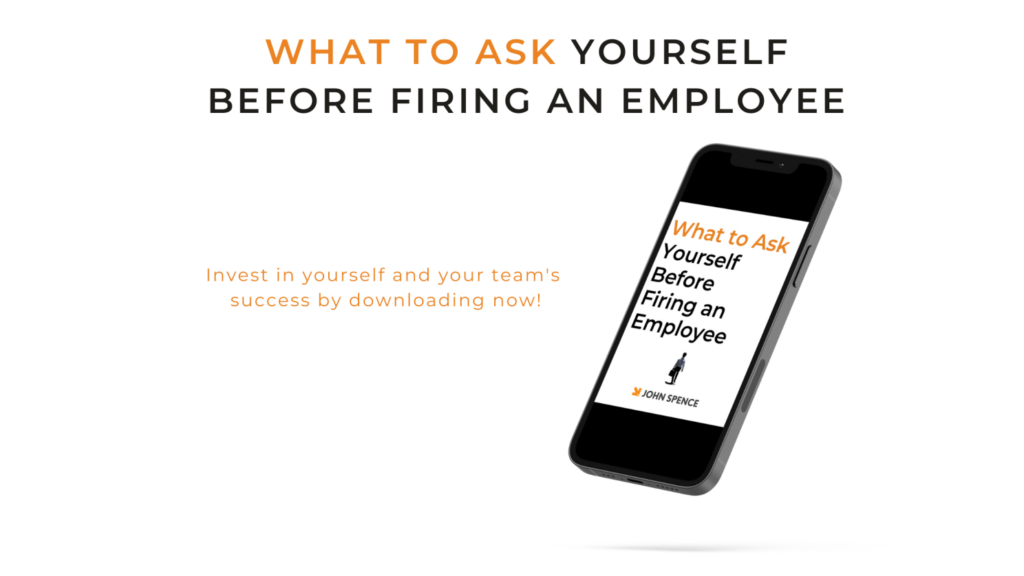Google did a big study called Project Oxygen. They wanted to know what makes a good manager. The surprise? Being a tech whiz wasn’t at the top of the list. Sure, you need to know your stuff. But that’s not enough. What really counts are skills like setting clear expectations, understanding others, and helping your team do their best. This fits with what I’ve been saying about EQ. The best leaders aren’t just smart in their field. They’re also smart with people. This is not some “touchy-feely” soft skills topic. Tons of research and my real-world experience demonstrate that EQ is 3 to 5 times more important than mere competence.
What is EQ?
EQ is your Emotional Quotient. It means knowing and managing feelings, yours, and others. It helps people work well together. EQ fosters trust, increases collaboration, and creates an atmosphere of psychological safety. It has five key elements:
- Self-Awareness: Recognizing your own emotions and their impact.
- Self-Regulation: Controlling or redirecting disruptive emotions and impulses.
- Motivation: Being driven to achieve for the sake of achievement.
- Empathy: Understanding the emotions of other people.
- Social Skills: Building rapport and managing relationships.
While all these elements are crucial, I believe the first two, self-awareness and self-regulation, are the most important. Without them, you can’t move on to the higher levels of EQ.
Self-Awareness: The Foundation of EQ
The first step in mastering EQ is self-awareness, the ability to accurately identify and name one’s emotions. If you ask the average person what emotions they felt in the last week, they will typically only list four or five. People with high EQ have a nuanced emotional vocabulary. Instead of merely stating they were “angry,” they can differentiate whether they were “perturbed,” “anxious,” or “peeved.” This precision allows for a more appropriate emotional response.
Self-Regulation: The Art of Emotional Mastery
Once you’ve identified your emotions, the next step is self-regulation. This involves asking, “What is the appropriate response to these emotions in this situation?” High-EQ individuals don’t act on impulse. They pause and consider how the “ideal me” would react. This “ideal me” is not a vague concept but a well-thought-out touchstone that guides their behavior. It’s in this gap between self-awareness and self-regulation that high EQ individuals can effectively manage their responses, remaining composed in even the most challenging situations.
EQ is Essential for Success
We have all been around smart people who lose control of their emotions. When they get angry, they raise their voice and pound the table. When someone acts like that, do you respect them? Is that the way you want your leader to act? The answer is unquestionably no. To be successful in business, actually, in all aspects of your life, it is critical that you consistently work on increasing your EQ.
Please fill out the form below if you want to get in contact with me. I’d love to hear from you.

